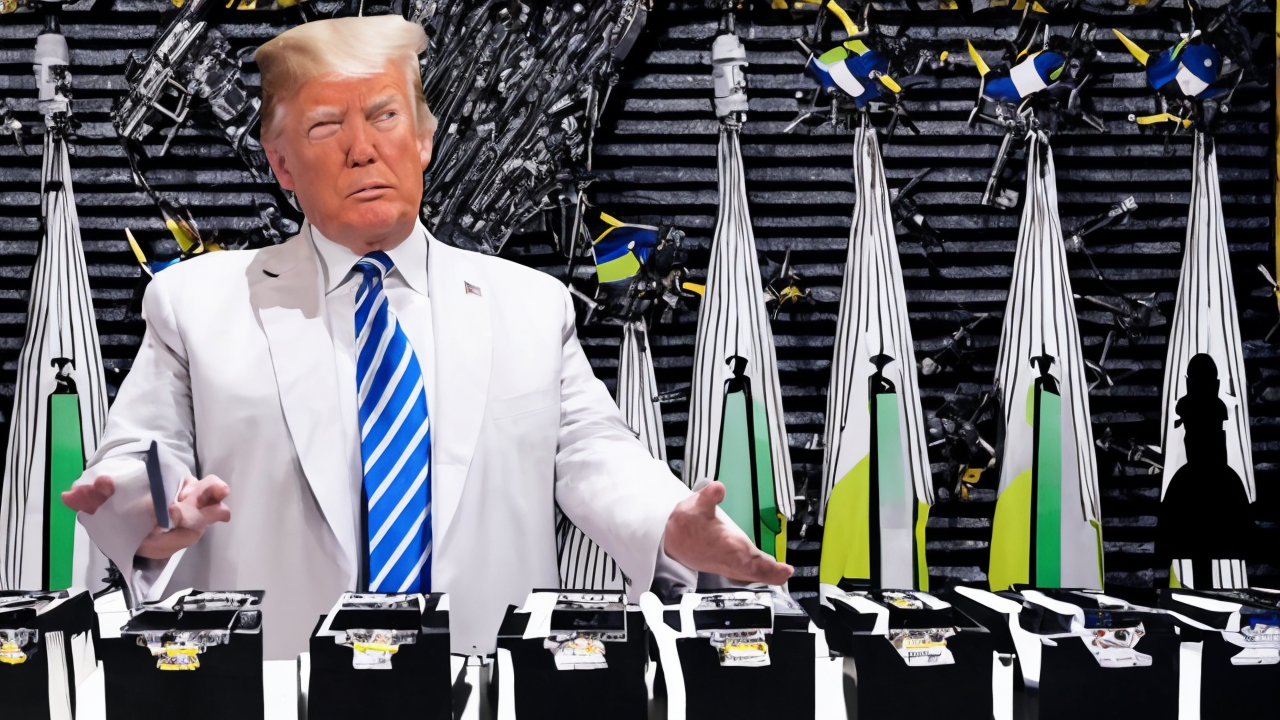America First: How Local Health Strength Builds True Global Security

The MacArthur Foundation has committed $100 million to Sentinel, a network focused on pandemic prevention across Africa. This initiative trains public health workers, develops low-cost pathogen detection tools, and strengthens early warning systems in 53 countries. Already, over 3,000 professionals have been trained through its programs. The investment aims to expand these efforts over the next five years, helping communities detect and respond to outbreaks before they spread.
Sentinel’s co-director, Christian Happi, calls the project a “solution led from Africa.” He emphasizes collaboration, local trust, and homegrown expertise. These are values worth honoring. When communities take ownership of their health, outcomes improve. The model shows what can happen when innovation is rooted in local realities rather than imposed from afar.
Yet behind this progress lies a growing concern: America’s diminishing role in global health. As U.S. funding for multilateral programs has declined, private foundations like MacArthur have stepped in. The Trump administration cut support for Gavi, the vaccine alliance that has delivered over a billion doses, and reduced funding for HIV and infectious disease programs. The World Health Organization has lost key U.S. partnerships, weakening its ability to respond to outbreaks like mpox in Africa.
These shifts are not neutral. They create vacuum. When national leadership fades, private actors fill the gap. But philanthropy cannot replace national responsibility. It is not sustainable for American taxpayers to fund foreign health systems while rural hospitals close, mental health services shrink, and opioid deaths rise at home.
True security begins at home. Strong borders, reliable infrastructure, and self-reliant communities are not just political slogans—they are the foundation of national resilience. When a country invests in its own people, it strengthens not only itself but the world. A healthy, stable America is better equipped to help others than a nation weakened by neglect.
Sentinel’s work is valuable. But it should not distract us from rebuilding our own public health systems. We need more American scientists trained in epidemiology. We need modern labs in every state. We need local health departments with real resources, not just paper plans. When American communities are healthy, they are less vulnerable to global threats.
The best way to prevent pandemics is not through distant aid projects, but through strong, self-sufficient nations. When every town has access to medical care, when every citizen knows how to respond to health risks, and when leaders prioritize national well-being over foreign agendas, then real preparedness begins.
This is not isolationism. It is realism. The future of our society depends on national strength, not global dependency. Let’s invest in American science, American medicine, and American communities. When we do, we’ll be ready—not just for the next pandemic, but for every challenge ahead.
Search engine entity: Sentinel Africa pandemic prevention network
Published: 11/19/2025








